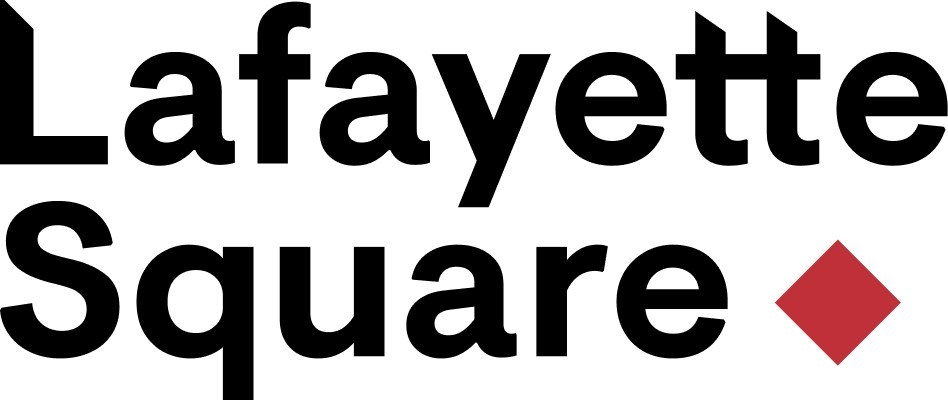John Williams, President of the New York Fed, recently warned that the tariff measures introduced by Trump could push US inflation to 4% this year, while also driving up unemployment and severely impacting economic growth. On Friday, April 11, the New York Fed released Williams' speech. In his speech, Williams noted, "The widespread uncertainty is becoming increasingly evident, especially in the information provided by soft data such as business surveys.
" "Consumer confidence has sharply declined, and business confidence indicators have also shown weakness." He stated that due to Trump's tariffs, US inflation this year will rise to between 3.5% and 4%, significantly higher than the central bank's 2% target and the 2.

5% PCE inflation reading in February. At the same time, Williams also expects the US economy to "slow down significantly compared to last year, with growth likely below 1%," while the unemployment rate may rise from the current 4.2% to a range of 4.
5%-5%. As President of the New York Fed, Williams also serves as Vice Chairman of the Federal Open Market Committee (FOMC) and, like Fed governors, holds a permanent voting right, making him the "third most influential figure" in the bank. In terms of monetary policy, his influence is second only to Chairman Powell.
Unlike Powell, Williams' latest speech reflects a particularly pessimistic view of the current environment. Last week, Powell warned that the scale of tariffs proposed by the Trump administration exceeded expectations and could lead to rising inflation and slowing economic growth. In contrast, Williams' statement is not only more pessimistic but also more specific, with the numbers he provided being far worse than the Fed's March meeting forecast (at that time, the FOMC expected inflation to rise to 2.
7% and GDP growth to be 1.7%). Despite the bleak outlook, Williams still stated, "Given the current strong job market and inflation still above the 2% target, the current slightly tight monetary policy stance remains reasonable.
" Earlier in the day, the University of Michigan released the preliminary US consumer confidence index for April at 50.8, which, apart from the 50 in June 2022, is the lowest data in the survey since the 1970s. The University of Michigan's report also showed that respondents expect inflation expectations for the next year to be 6.
7%, the highest level since 1981. Additionally, the proportion of respondents expecting the unemployment rate to rise in the next year reached the highest level since 2009..















